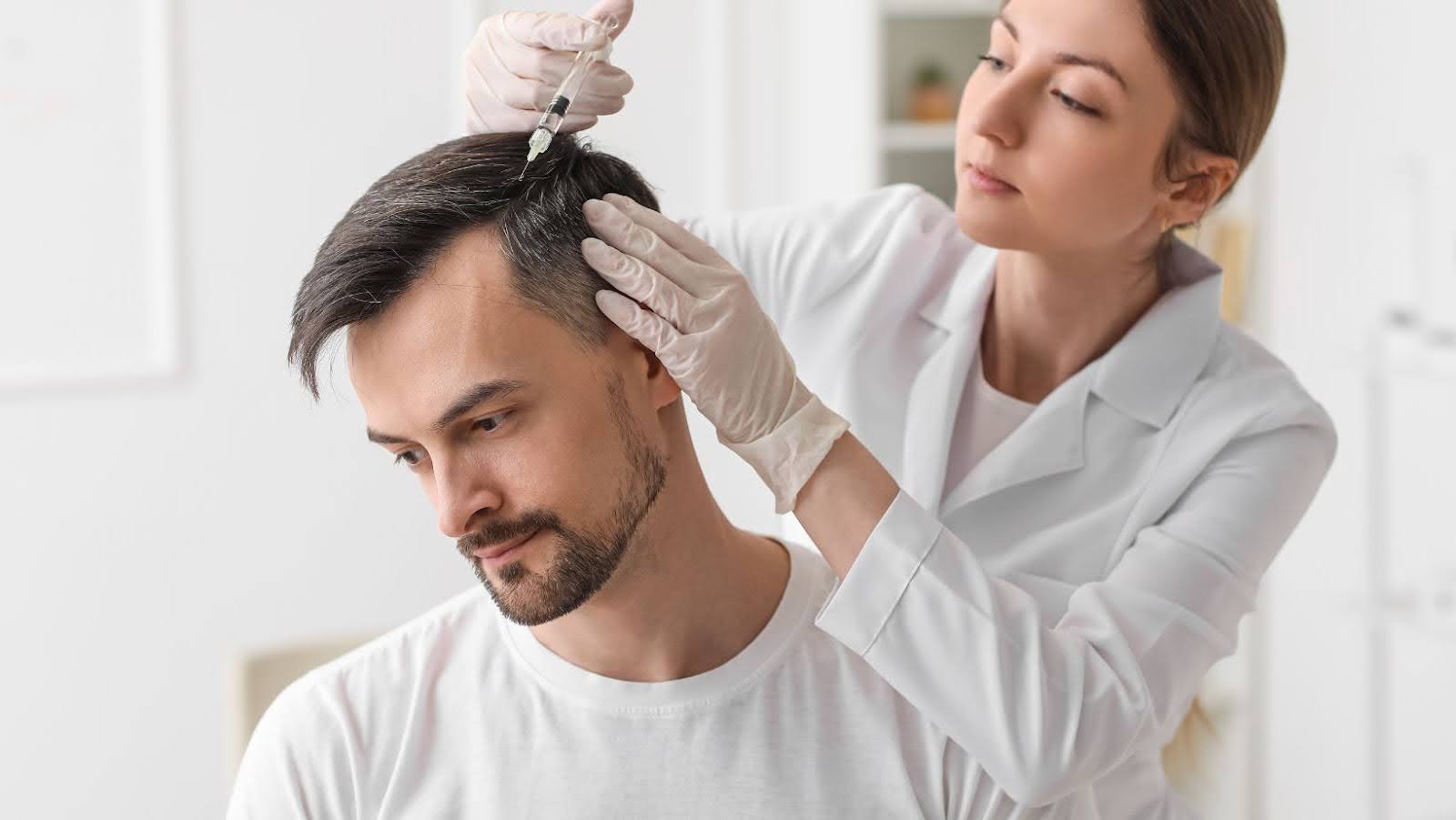
Deciding to undergo a hair transplant is a big decision, but before moving forward, it’s important to determine if you’re a good candidate for the procedure. Factors such as the type of hair loss, your overall health, and the availability of donor hair all play a role in whether you’re suitable for a transplant. If you’re considering a hair transplant in Turkey, where procedures are both affordable and highly successful, understanding these factors is crucial. Here’s how to determine if a hair transplant is right for you.
Type of Hair Loss
The most important factor in determining your candidacy for a hair transplant is the type of hair loss you are experiencing. The procedure is most effective for those with androgenetic alopecia, or male and female pattern baldness, which causes thinning on the top of the head while leaving the back and sides relatively unaffected.
If you have a stable pattern of hair loss, you may be a good candidate for a hair transplant in Turkey or elsewhere. However, those with diffuse hair loss, where hair thins all over the scalp, or those with hair loss due to conditions like alopecia areata may not be suitable candidates as their hair loss may not be as predictable or stable.
Availability of Donor Hair
A successful hair transplant relies on the availability of healthy donor hair, typically from the back or sides of the scalp, where hair is more resistant to balding. These areas are known as the “donor area” and provide the hair follicles that will be transplanted to thinning or balding areas.
If your donor area has enough healthy hair, you are likely a good candidate for the procedure. However, if your donor hair is thin or has been severely affected by hair loss, your options may be more limited.
Age and Stability of Hair Loss
While there’s no specific age requirement for a hair transplant, most surgeons recommend waiting until your hair loss has stabilized before undergoing the procedure. If you’re too young and your hair loss is still progressing, there’s a risk that you’ll continue losing hair in areas that weren’t treated, which can lead to an unnatural appearance over time.

For those considering a hair transplant in Turkey, surgeons typically look for patients whose hair loss has been stable for a few years. This ensures that the transplanted hair will blend in naturally with the surrounding hair over the long term.
Overall Health
Your overall health also plays a key role in determining if you’re a good candidate for a hair transplant. While the procedure is minimally invasive, it’s still a surgical process that requires local anesthesia. You should be in good health, with no underlying conditions that could impair healing, such as uncontrolled diabetes or issues with blood clotting.
If you’re healthy and don’t have any medical conditions that could complicate the surgery, you’ll likely be cleared for the procedure. Always consult with your surgeon to discuss any health concerns before making your final decision.
Realistic Expectations
A good candidate for a hair transplant is someone who has realistic expectations about the results. While a hair transplant can restore hair to thinning or balding areas, it won’t give you the full, thick head of hair you had in your youth. The goal is to create a natural-looking improvement, not perfection.
During a consultation, whether in your home country or at a hair transplant in Turkey, your surgeon will assess your level of hair loss and provide a realistic outlook on what the procedure can achieve. If you’re clear on what’s achievable and are looking for a boost in hair density rather than complete restoration, you’re likely a good candidate.
Willingness to Follow Aftercare Instructions
Post-surgery aftercare is critical to ensuring the success of your hair transplant. A good candidate is someone who is committed to following the surgeon’s aftercare instructions, including proper scalp care, avoiding strenuous activities, and attending follow-up appointments.

For those undergoing a hair transplant in Turkey, most clinics provide comprehensive aftercare guidelines and offer remote consultations to ensure you are healing properly even after returning home. If you’re prepared to invest time in post-surgical care, you’re likely to achieve better results.
Final Thoughts
A successful hair transplant depends on several factors, including the type and stability of your hair loss, the availability of donor hair, your health, and your expectations. If you’re considering a hair transplant in Turkey, consulting with an experienced surgeon is the best way to determine if you’re a good candidate. By ensuring that you meet the necessary criteria and following through with aftercare, you’ll be well on your way to a successful hair restoration journey.